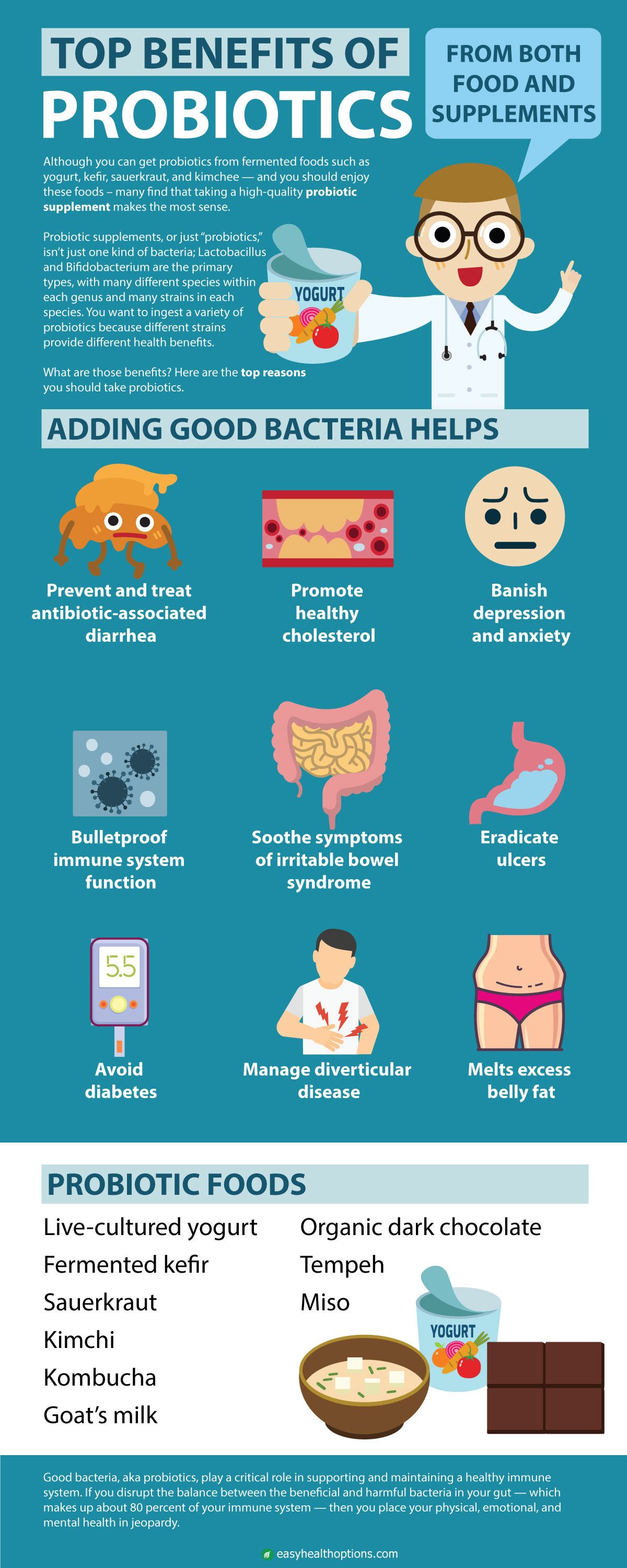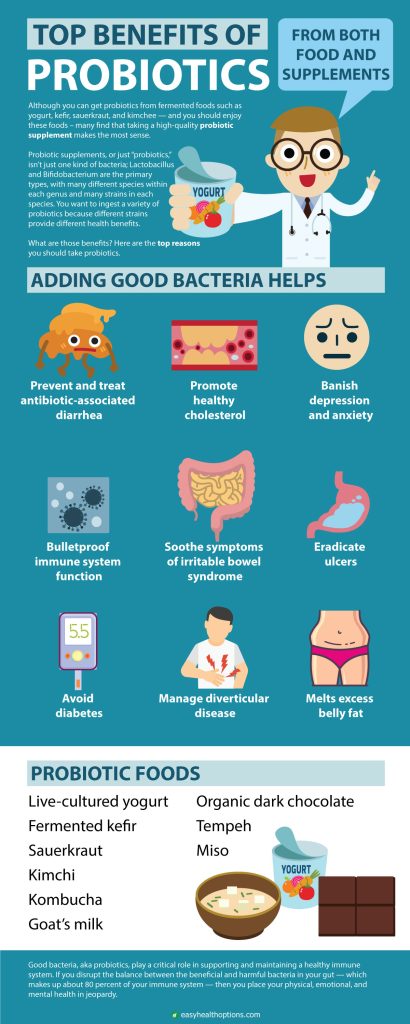Unlock the Power of Gut Health: The Role of Probiotics in Maintaining Digestive Health

Are you tired of dealing with digestive issues like bloating, constipation, or IBS? Do you struggle with maintaining a healthy weight or experience chronic fatigue? You may be surprised to learn that the key to unlocking optimal health lies in the gut. The gut microbiome, comprising trillions of microorganisms, plays a crucial role in our overall well-being. In this article, we’ll delve into the world of probiotics and explore their vital role in maintaining digestive health.
What are Probiotics?
Probiotics are live, beneficial microorganisms, typically bacteria or yeast, that confer health benefits when consumed in adequate amounts. They can be found in fermented foods like yogurt, kefir, sauerkraut, kimchi, and kombucha, as well as in supplements. Probiotics work by colonizing the gut, replacing pathogenic bacteria, and promoting a balanced gut microbiome.
Benefits of Probiotics
The benefits of probiotics are numerous and well-documented. Some of the key advantages include:
- Improved Digestion: Probiotics help break down food, absorb nutrients, and regulate bowel movements.
- Boosted Immune System: Probiotics stimulate the immune system, increasing our ability to fight off infections.
- Reduced Inflammation: Probiotics have anti-inflammatory properties, which can help alleviate conditions like arthritis and irritable bowel syndrome (IBS).
- Cancer Prevention: Research suggests that probiotics may help prevent certain types of cancer, including colon cancer.
- Mental Health: Probiotics have been linked to improved mental health, reduced stress, and a lower risk of anxiety and depression.
Probiotics and the Gut Microbiome
The gut microbiome is a complex ecosystem of microorganisms, including both beneficial and pathogenic bacteria. Probiotics work by:
- Outcompeting Pathogens: Beneficial bacteria outcompete pathogenic bacteria, reducing the risk of infections.
- Producing Short-Chain Fatty Acids (SCFAs): Probiotics produce SCFAs, which act as energy sources for the gut lining and promote a healthy gut barrier.
- Regulating the Gut-Brain Axis: Probiotics influence the gut-brain axis, reducing stress and anxiety.
- Enhancing the Gut Barrier: Probiotics strengthen the gut barrier, reducing inflammation and preventing leaky gut syndrome.

Foods Rich in Probiotics
Incorporating probiotic-rich foods into your diet is an excellent way to support gut health. Some of the best sources of probiotics include:
- Yogurt: Look for yogurt with live cultures and multiple strains of probiotics.
- Kefir: A fermented milk product with a range of probiotic bacteria.
- Sauerkraut: Finely shredded cabbage fermented in its own juice.
- Kimchi: Spicy Korean fermented vegetables.
- Kombucha: A fermented tea drink with SCOBY (Symbiotic Culture of Bacteria and Yeast).
- Miso: A fermented soybean paste used in Japanese cooking.
- Tempeh: A fermented soybean product with beneficial bacteria.
How to Choose the Right Probiotic Supplement
If you’re unable to incorporate probiotic-rich foods into your diet, consider taking a supplement. When selecting a probiotic supplement, look for the following:
- Strains of Probiotics: Choose a supplement with multiple strains of beneficial bacteria.
- CFU (Colony-Forming Units): Ensure the supplement contains CFU, measuring the number of live bacteria.
- Expiration Date: Check the expiration date to ensure the supplement remains potent.
- Manufacturer Reputation: Research the manufacturer’s reputation for producing high-quality supplements.
Actionable Steps to Improve Digestive Health
- Incorporate Probiotic-Rich Foods into Your Diet: Start with small portions and gradually increase your intake.
- Choose a Probiotic Supplement: Select a supplement with multiple strains and CFU.
- Consult with a Healthcare Professional: Discuss your digestive health with a healthcare professional before starting any supplement.
- Maintain a Balanced Diet: Focus on whole, nutrient-dense foods to support gut health.
- Stay Hydrated: Drink plenty of water to help with digestion and waste elimination.
Conclusion
The role of probiotics in maintaining digestive health is undeniable. By incorporating probiotic-rich foods and supplements into your lifestyle, you can experience the numerous benefits of a healthy gut microbiome. Remember, maintaining a balanced diet, staying hydrated, and consulting with a healthcare professional are essential steps towards optimal digestive health.
Share the Knowledge!
Have you experienced the benefits of probiotics? Share your story with us in the comments below! Help spread the word about the importance of gut health and the power of probiotics. Share this article with a friend or family member who may benefit from learning about the role of probiotics in maintaining digestive health.

